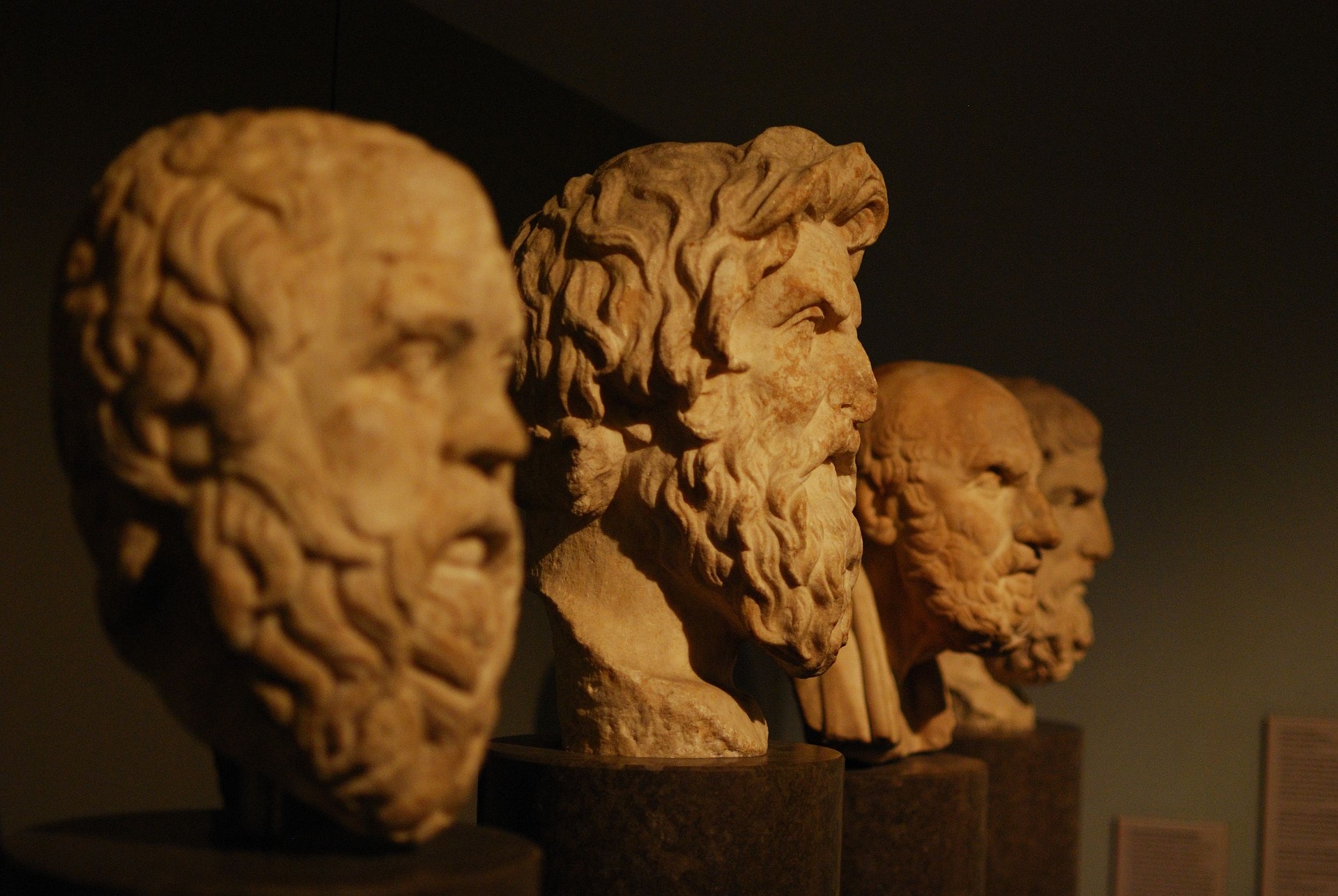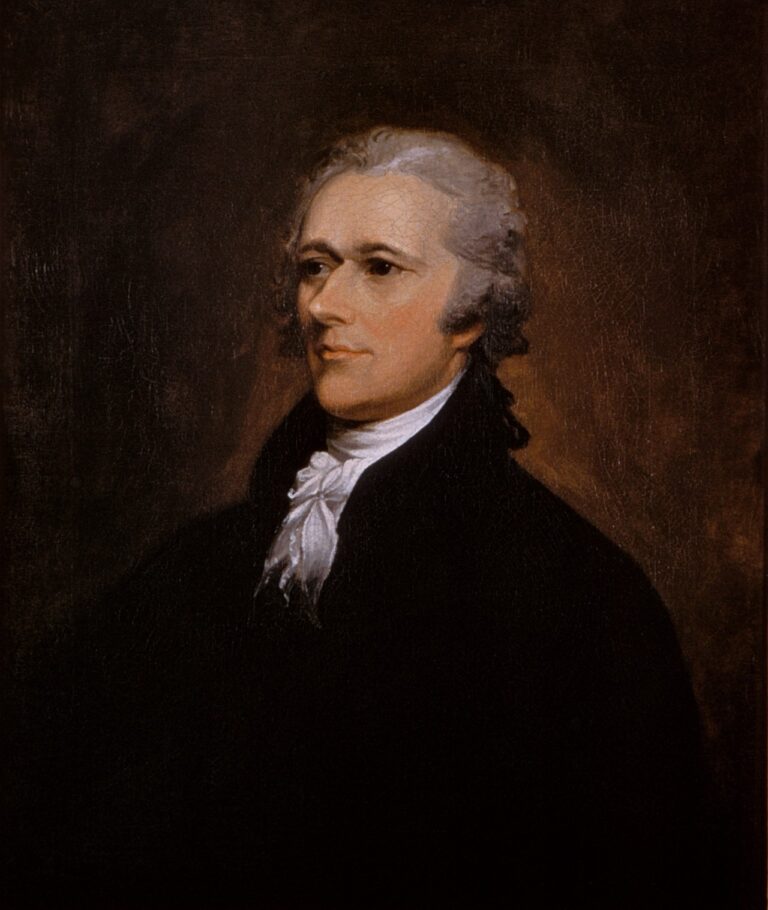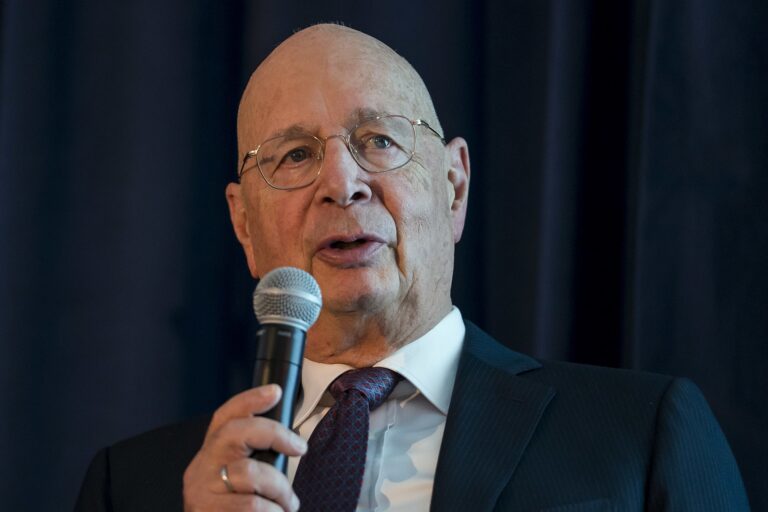
The philosopher as a social and political critic has played a significant role throughout history, shaping the way societies and governments have been viewed and evaluated. Philosophy, which comes from the Greek word “philosophia,” meaning “love of wisdom,” has been used as a tool to question and challenge existing social and political structures and norms. Throughout the ages, philosophers have used their works to offer critiques of the status quo and provide alternative perspectives on how society should be structured and governed.
In ancient Greece, philosophers such as Socrates, Plato, and Aristotle used their works to question the existing political structures and offer critiques of the way society was run. Socrates, in particular, was known for his questioning and critical approach to the existing norms of society. He challenged the commonly held beliefs of his time, asking questions that probed the assumptions of the ruling elite. His dialogues with fellow Athenians often centered on examining the moral and ethical foundations of their society, and his method of questioning, known as the “Socratic Method,” is still used today as a way of uncovering truth through questioning and discussion.
Plato, a student of Socrates, was also a critical voice in ancient Greece. He used his works to offer an alternative vision of society, one that was based on a system of justice and virtue. In his famous work, “The Republic,” Plato describes a society in which the ruling class is made up of philosopher-kings, individuals who have a deep understanding of the good and are able to govern justly. In this vision, Plato argues that the good of the community should take priority over the individual, and that a just society is one in which the ruling class is held to a higher moral standard.
Aristotle, another student of Plato, was also a critical voice in ancient Greece. He believed that a just society must be based on a system of ethics and virtue, and that the ruling class must be held to a higher moral standard. Aristotle believed that the ruling class should be made up of individuals who possess both knowledge and practical wisdom, and that they should be guided by a sense of moral responsibility to the community.
In the Middle Ages, philosophers such as Thomas Aquinas and Augustine of Hippo used their works to challenge the prevailing political and religious structures of their time. Aquinas, for example, was a critical voice in the Catholic Church, and his works were a challenge to the prevailing views of the Church. He argued that the Church should be guided by reason and ethics, and that the faith of the Church should be based on a sound understanding of the natural world.
Augustine of Hippo was another critical voice in the Middle Ages. He challenged the prevailing views of the Roman Empire and the Church, arguing that the empire was not the kingdom of God and that the Church should not be a tool of political power. Augustine believed that the Church should be guided by love and compassion, and that it should be a model of morality and virtue for the world.
In the Enlightenment era, philosophers such as John Locke, Immanuel Kant, and Jean-Jacques Rousseau used their works to challenge the existing political structures and offer new visions of society. Locke, for example, was a critical voice in the development of liberal democracy, and his works helped to shape the ideas of individual freedom and the limited role of government. He argued that government should be limited in scope, and that its primary function should be to protect the natural rights of individuals.
Kant was another critical voice in the Enlightenment era. He believed that morality should be based on reason and universal principles, and that the role of the state should be to promote these principles and protect individual rights. He argued that individuals have a moral obligation to promote the common good, and that this obligation should be reflected in the way the state is structured and governed.
Rousseau was also a critical voice in the Enlightenment era. He challenged the prevailing views of the state and society, arguing that the existing political structures were unjust and that they favored the wealthy and powerful over the common people. He believed that society should be based on the idea of the “general Will,” in which the individual’s interests were subordinated to the interests of the community as a whole.
In the modern era, philosophers such as Friedrich Nietzsche, Jean-Paul Sartre, and Michel Foucault have continued the tradition of critical thinking and social and political critique. Nietzsche, for example, was a critical voice in the development of existentialism, and his works challenged the prevailing views of morality and religion. He argued that traditional values were no longer relevant in the modern world and that individuals should create their own values and meaning in life.
Sartre was another critical voice in the modern era. He challenged the prevailing views of individualism and the role of the state, arguing that individuals should be free to make their own choices and that the state should not interfere in their lives. Sartre believed that individuals should take responsibility for their own actions and that they should not be constrained by social or political norms.
Foucault was another critical voice in the modern era. He challenged the prevailing views of power and knowledge, arguing that power was not just held by the state or the ruling class, but was instead distributed throughout society. He believed that knowledge and power were closely related, and that the way knowledge was constructed and used was shaped by the power structures of society.
In conclusion, the philosopher as a social and political critic has played a significant role throughout history, offering critical perspectives on the way society and government are structured and governed. The tradition of philosophical critique continues to be an important tool in shaping the way we view the world and our place in it, and it remains an essential part of the ongoing discourse about what is just and fair in society.

